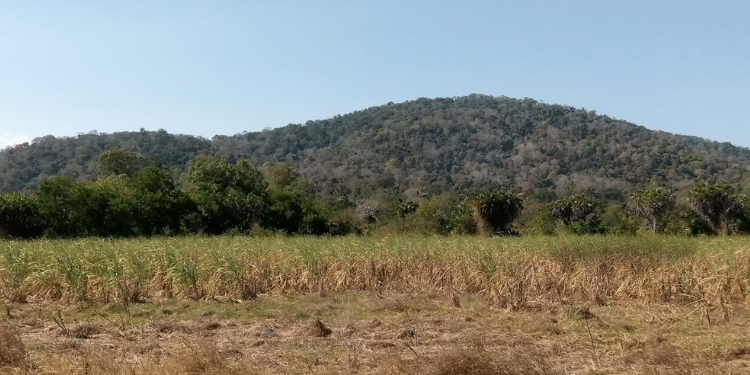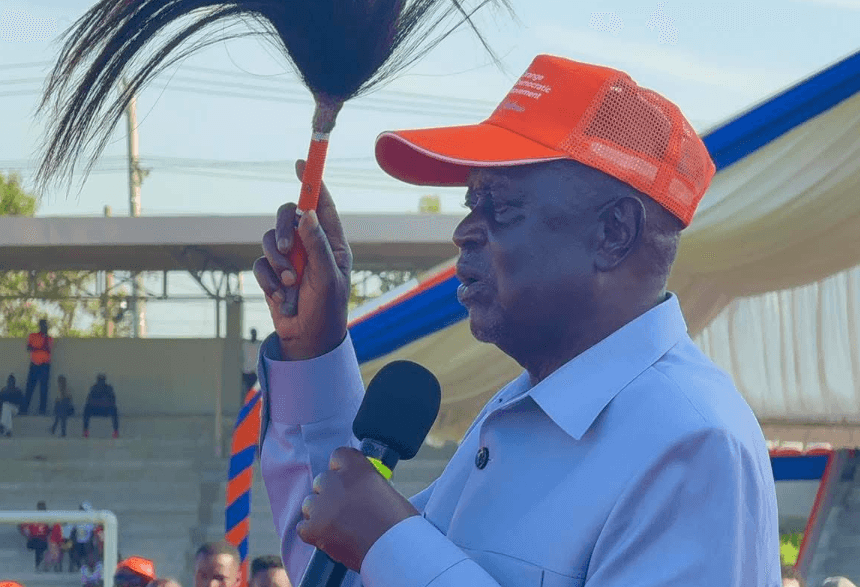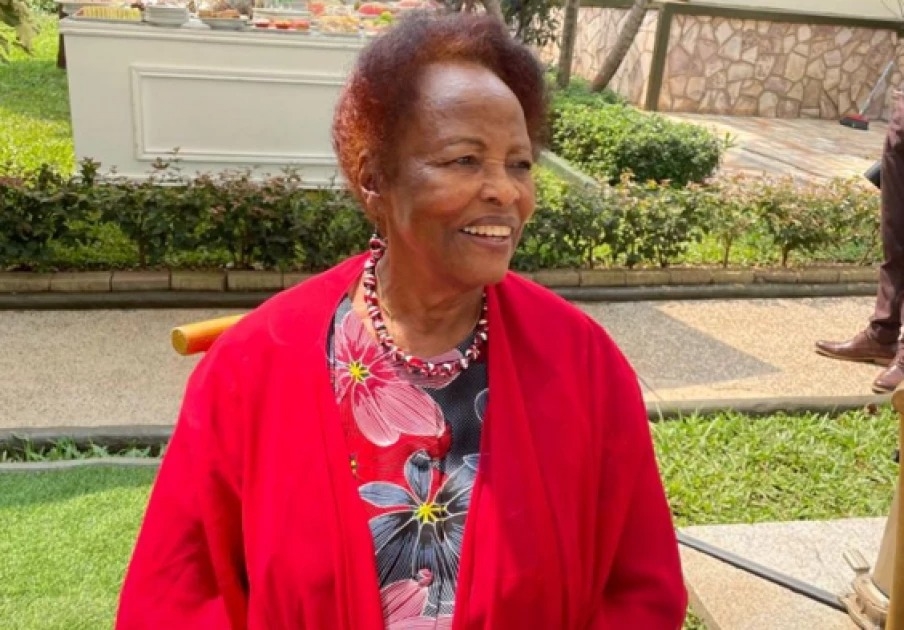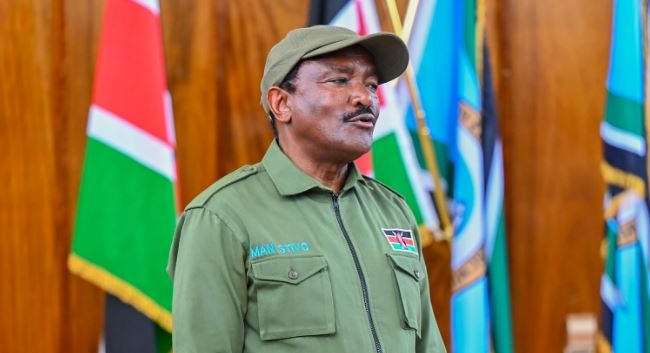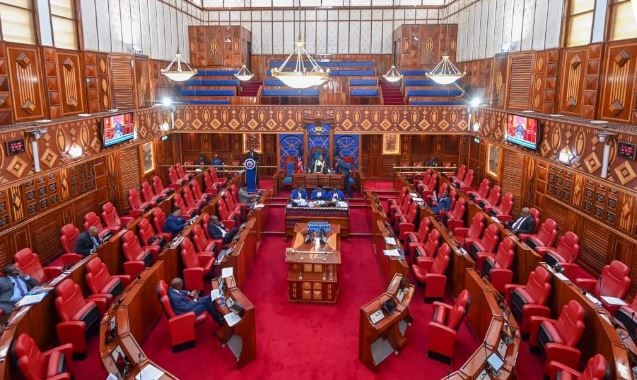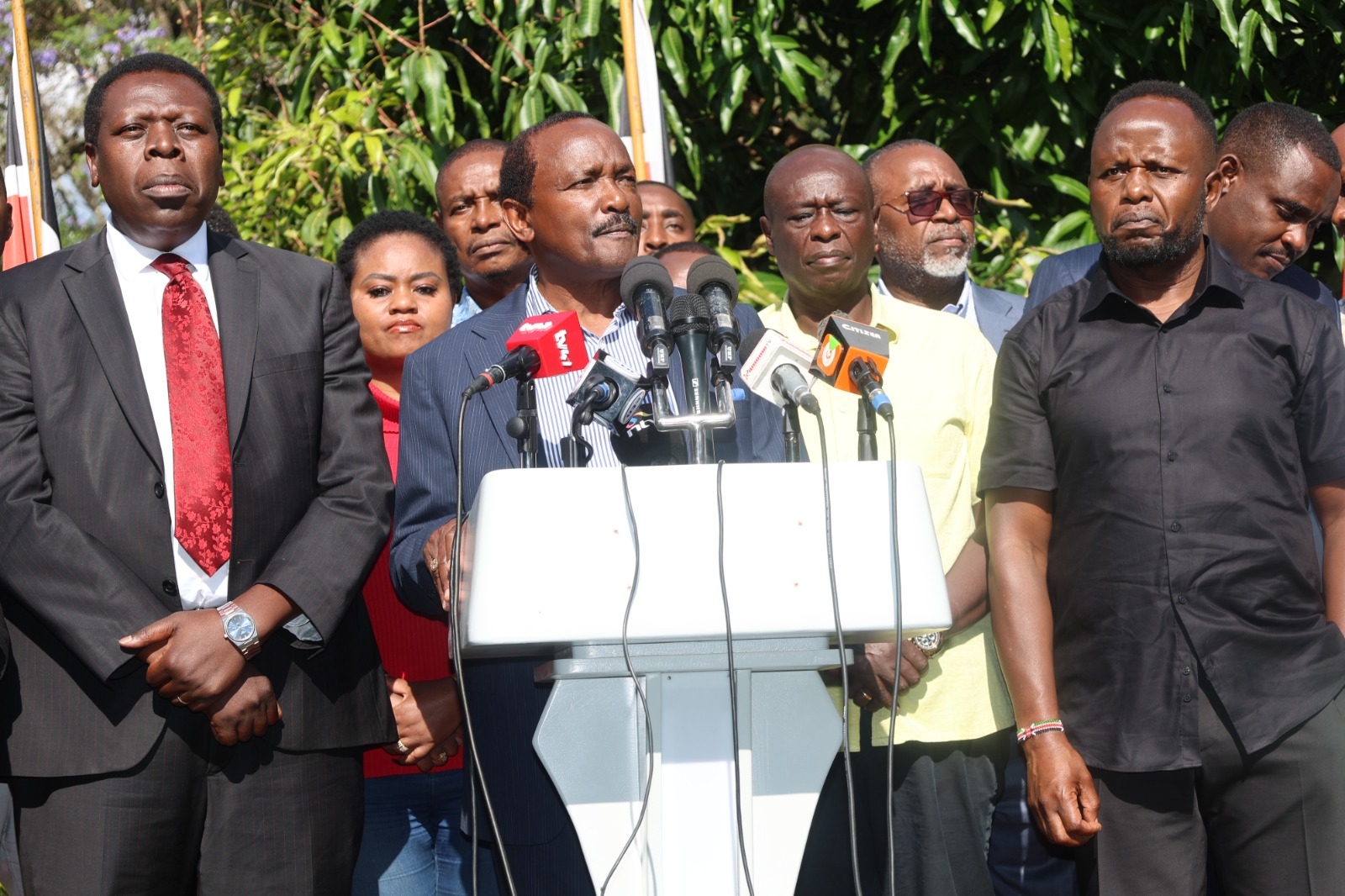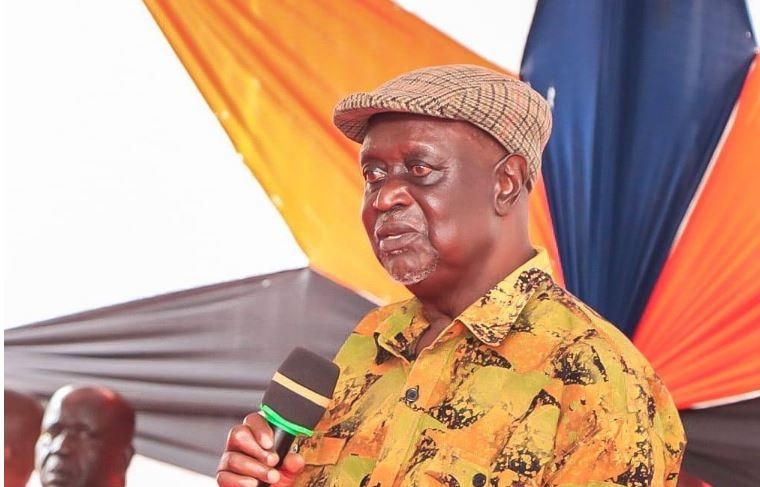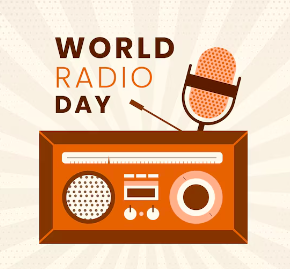
In an era marked by multiple technological innovations, the radio has survived and is now entering its second century of service.
As it is, radio is still one of the most dependable and widely used form of media.
Whether you are listening in from your radio or on an online platform, this form of media is still widely popular.
February 13, is a day set aside to celebrate radio alongside all professionals who have dedicated their work life to it.
The day was proclaimed in 2011 by the United Nations Educational, Scientific and Cultural Organization (UNESCO) member states.
In 2012, the United Nations General Assembly adopted it as an International Day of the United Nations, and February 13 became World Radio Day (WRD).
UNESCO points out that Radio has contributed to the achievement of its international objectives by supporting populations through climate disasters such as tropical storms and floods.
This form of media helps with the dissemination of fact-based information, listeners’ voices and dedicated radio shows.
Director-General of UNESCO Audrey Azoulay said WRD on February 13, 2025, is dedicated to “Radio and Climate Change” to support radio stations in their journalistic coverage of this issue.
Azoulay underlined the importance of proper communication of climate events, saying it is becoming increasingly important.
“This year, we are paying tribute to the different ways in which radio serves as a tool for adapting to and mitigating the effects of climate disruption in our rapidly changing world,” she said.
Speaking on the year’s theme, Media Council of Kenya CEO David Omwoyo noted that Unlike social media, which can be rife with misinformation, or television, which depends on electricity and infrastructure, radio is accessible anywhere, anytime – even in the most remote areas
“In this climate of uncertainty, radio remains a constant and reliable source of information. For decades, radio has been our companion, informing us and connecting us to the world. It’s a lifeline, especially during crises,” he said.
He noted that radios are widely used across Africa, by different professionals and especially those in the agricultural field, to get updates on weather forecasts and climate stories.
“Fishermen listen for warnings about dangerous waters. Families in disaster-prone areas depend on radio for life-saving alerts about disease outbreaks and severe weather. In crises, from locust invasions to flash floods, radio provides real-time, trusted information that saves lives,” Omwoyo said.
He emphasised that radio should remain an integral part in the stakeholders creating awareness on climate change.
“On World Radio Day, we celebrate the vital role radio plays in our lives and in shaping our planet’s future. In the context of climate change, what people hear can inspire action. Radio remains a powerful and essential voice,” Omwoyo said.




